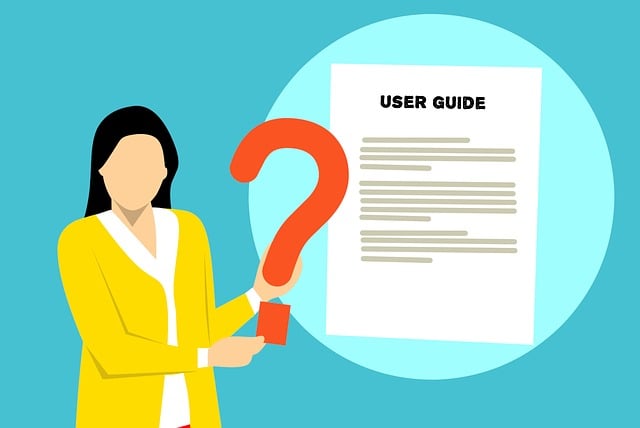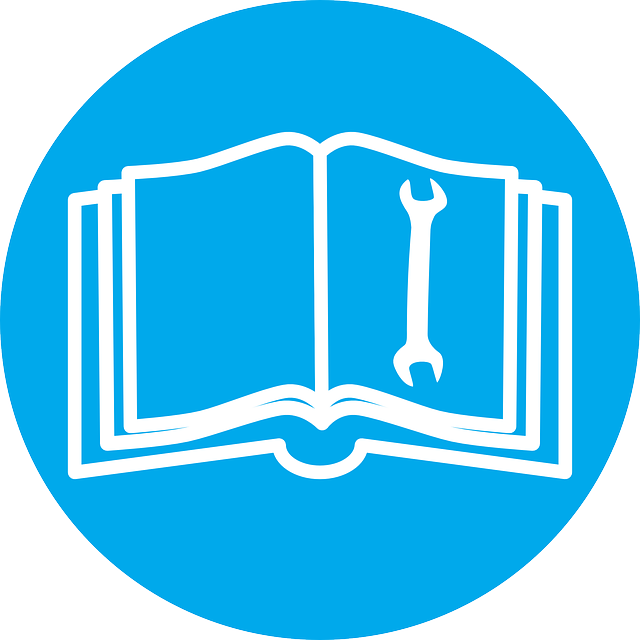Translation Services for UK Operation Manuals: Ensuring Safety, Effectiveness, & Legal Compliance
Precision translations of UK operation manuals are critical for user safety, legal compliance, and effective communication. Professional translation services must combine deep industry and language expertise with advanced tools like machine translation and post-editing. Choosing a reputable provider with robust quality assurance, native speakers, and subject matter experts ensures accurate, culturally appropriate content. Machine translation, while helpful, struggles with nuances; human translators offer unparalleled clarity and precision for critical manuals. Success is measured through rigorous evaluation, client feedback, and adherence to industry and legal standards.
In today’s globalized market, ensuring accurate translations for UK operation manuals is paramount. These guides, crucial for user safety and product comprehension, demand precision to avoid legal pitfalls and foster customer satisfaction. This article delves into the intricacies of translating technical documentation for UK operations, exploring challenges, best practices, and the role of technology versus human expertise. We’ll guide you through choosing reliable translation services, understanding legal implications, and measuring the success of your translations for optimal user experience.
- Understanding the Importance of Accurate Translations for UK Operation Manuals
- The Challenges of Translating Technical Documentation
- Choosing the Right Translation Services Provider
- Ensuring Quality: Translation Process and Best Practices
- Human vs Machine Translation: Which is Better for Operations Manuals?
- Legal Implications and Compliance with Translated User Guides
- Measuring Success: Evaluating the Accuracy and Effectiveness of Your Translations
Understanding the Importance of Accurate Translations for UK Operation Manuals

Accurate translations are paramount when it comes to UK operation manuals, as they serve as critical guides for users and technicians alike. In a country with diverse linguistic needs, ensuring that these manuals are not only translated but also meticulously adapted to local nuances is essential. Any errors or ambiguities can lead to misunderstandings, safety hazards, and even legal issues.
Translation services for UK operation manuals must therefore go beyond simple word-for-word substitutions. They require a deep understanding of both the source and target languages, as well as knowledge of the specific industry terminology used in the manual. Professionals in this field must be adept at conveying technical information clearly and concisely, while also capturing the cultural context to guarantee effective communication with UK audiences.
The Challenges of Translating Technical Documentation

Technical documentation, including operation manuals, presents unique challenges in translation. These documents often contain complex terminology and intricate technical details that demand precision and expertise. The accuracy of translations is paramount, especially for safety-critical industries like healthcare or aviation, where even a small misinterpretation can have severe consequences.
Professional translation services for UK operation manual translations employ various strategies to tackle these challenges. This includes extensive linguistic and technical knowledge, industry-specific terminology databases, and rigorous quality assurance processes. Advanced tools like machine translation and post-editing also play a vital role in enhancing speed and efficiency without compromising accuracy.
Choosing the Right Translation Services Provider

When it comes to translating UK operation manuals, accuracy is paramount. Choosing the right translation services provider can make all the difference. Look for companies that specialise in technical and regulatory translations, as these sectors demand a deep understanding of industry-specific terminology and legal requirements. Reputable firms will employ native speakers and subject matter experts to ensure precise and culturally appropriate translations.
Additionally, consider providers with robust quality assurance processes, including multiple rounds of editing and proofreading. This guarantees that your operation manual is not only error-free but also flows naturally in the target language. Reputable translation services should offer transparency throughout the project, keeping you informed about progress, providing access to source files, and delivering on time and within budget.
Ensuring Quality: Translation Process and Best Practices

Ensuring high-quality translations for UK operation manuals is paramount, especially given the intricate nature of such documentation. Professional translation services understand this and employ rigorous processes to deliver accurate and reliable results. The journey begins with a thorough review of the source document, allowing translators to grasp its technical nuances and context. This initial step sets the foundation for an accurate translation, as it enables them to capture the intended meaning precisely.
Best practices in translation further enhance accuracy. These include maintaining terminological consistency throughout the manual by referencing glossaries, ensuring that specific industry terms are rendered correctly. Additionally, translators should stay updated with any regulatory changes relevant to the document’s content, as this guarantees the translated manual aligns with current standards and legal requirements.
Human vs Machine Translation: Which is Better for Operations Manuals?

When it comes to translating UK operation manuals, there’s a long-standing debate between human and machine translations. While machine translation has made significant strides in recent years, nothing can quite replace the expertise and nuanced understanding that human translators bring to the table. In the context of operations manuals, where clarity and precision are paramount, human translation services for UK operation manuals often prove superior.
Human translators possess a deep knowledge of industry-specific terminology and the ability to interpret complex instructions, ensuring that the final document accurately conveys the intended meaning. They can also adapt language to suit the target audience’s cultural context, which is crucial for effective communication. In contrast, machine translation software may struggle with idiomatic expressions, technical jargon, and cultural nuances, potentially leading to inaccurate or ambiguous translations. Thus, for critical documents like operation manuals, choosing professional human translation services can significantly enhance the quality and reliability of the translated content.
Legal Implications and Compliance with Translated User Guides

When translating UK operation manuals, especially those used in regulated industries, understanding the legal implications is paramount. Inaccurate translations can lead to serious consequences, including product liability issues and non-compliance with health and safety regulations. If a translated manual provides incorrect or misleading instructions, it could result in accidents, injuries, or even fatalities. Therefore, using professional translation services that specialize in UK operation manuals is crucial to ensure the accuracy and reliability of the translated content.
Compliance with regulatory standards is another critical aspect. Many industries have specific requirements for documentation, including clear and concise language that accurately conveys safety procedures. Translation services should be familiar with these standards and possess a deep understanding of the target language and cultural nuances. This ensures that the translated user guides not only communicate essential information but also meet legal obligations, thereby protecting both the manufacturer and end-users.
Measuring Success: Evaluating the Accuracy and Effectiveness of Your Translations

Measuring success in translation services, particularly for UK operation manuals, involves a meticulous evaluation process to ensure accuracy and effectiveness. It goes beyond mere word-for-word substitution; it demands an understanding of industry jargon, cultural nuances, and legal terminology specific to the UK context. Professional translators must be adept at capturing the intended meaning while adhering to regulatory standards.
Effectiveness in translation is gauged by how well the translated manual communicates critical instructions, safety protocols, or legal obligations to the target audience. This includes achieving a balance between precision and readability, ensuring that users can navigate the document efficiently without losing key information. Regular quality checks and client feedback are essential tools for continuous improvement in UK operation manual translation services.
When it comes to UK operation manual translations, accuracy is paramount. Navigating the complexities of technical documentation requires a deep understanding of both language and industry-specific terminology. Choosing the right translation services provider who follows robust quality processes is essential. Combining human expertise with advanced machine translation technologies offers the best of both worlds, ensuring precise and compliant user guides. By measuring success through thorough evaluation, organizations can ensure their translated manuals enhance, rather than hinder, user experience and operational efficiency.
